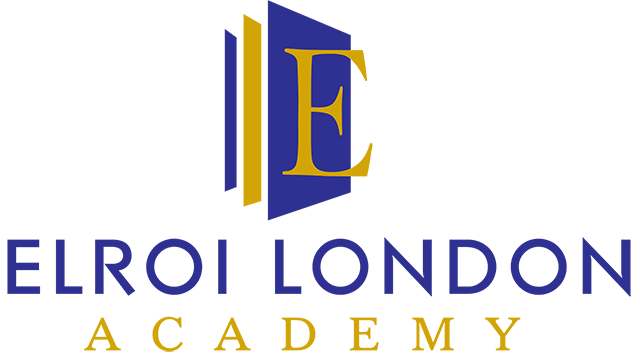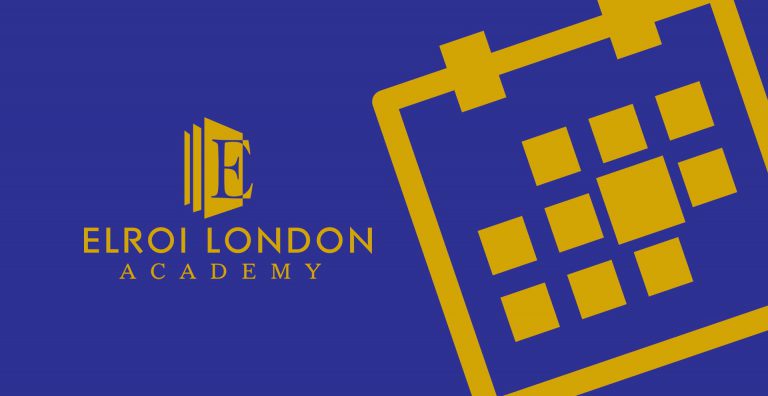Aim
Coaching psychology is a field of applied psychology that applies psychological theories and concepts to the practice of coaching. It aims to increase performance, achievement and well-being in individuals, teams and organizations by utilizing evidence-based methods grounded in scientific research. A Coaching Model is a method designed to guide an individual through a process from where they are currently to where they want to be. A coaching model aims to create a framework for guiding another person to establish the desired goal. A Coaching Psychologist is essentially a psychologist who works with others to support the enhancement of performance, development, and well-being using psychology informed coaching approaches.
The structure of the Level 3 Diploma in Coaching Psychology
There are various effective coaching models that some coaches choose to use to structure their coaching sessions. You may find it helpful to guide your coachee through a logical sequence and provide a framework for your coaching session. Using a model helps in many ways. It helps to give a purpose to the session by defining an outcome, preventing it from becoming a ‘chat’ with no apparent purpose. It can also be a prompt to ensure that the session stays ‘on track. The coach’s skill is in knowing what your client needs at a particular moment, so a toolkit of different models is helpful to draw upon and use as appropriate. Probably the most widely known and used model is the GROW coaching model. This simple model helps you as a coach take your coachee from goal setting at the outset of the session through to exploring where they now concern their goals, exploring options they have to moving forward and concluding with a commitment to action.
Transpersonal coaching is based on transpersonal psychology and actively engages with an individual’s Spiritual Intelligence (SQ), building on Emotional Intelligence (EQ) to enable deeper and broader perspectives on the challenges we face today. Finding meaning
The best–known exponent of transpersonal coaching is Sir John Whitmore, executive chairman of Performance Consultants International. “In recent years, people – especially in Western cultures – are waking up to the transpersonal within themselves, through the emerging need to find meaning and purpose in all aspects of their lives, and to work in the service of something beyond just making a profit, “he says.
Goal setting. Coaching is a goal-focused (or solution-focused) approach. The ability to elicit clear, well-defined, and emotionally engaging goals from a coachee is one of the most important skills for a coach to possess.
- Looking
- Listening
- Empathizing
- Questioning
- Giving feedback
- Intuiting
- Checking.
Why and how to improve your coaching skills
Be agenda-less. Although it can be hard to coach someone in your team, don’t have your own agenda; be focused on theirs
- Be ego-less
- Demonstrate good listening skills.
- Have an aura of calm.
- Watch your body language
- Be interested and respectful
- Keep your mind open and non-judgmental
- Be supportive and challenging.
The Coaching Leadership Style is a relatively new and guiding leadership style. Instead of making all decisions and delegating tasks yourself, as is the case in the autocratic leadership style, the coaching leader takes the lead to get the best out of his employees or team. Coaching leadership is characterized by collaboration, support, and guidance. Coaching leaders are focused on bringing out the best in their teams by guiding them through goals and obstacles. This leadership style is very much opposite to autocratic leadership, which is focused on top-down decision making. This leadership style focuses on developing individuals, nurturing the learning process, and focusing on long-term improvements. Companies are recognizing the value of this approach and investing more into training leaders to be coaches.
Performance Coaching is a process where one person facilitates the development and action planning of another to bring about changes in their lives. Performance Coaching helps you move forward at your pace within an equal and trusting relationship. Improves individual performance. Helps identify and develop high potential employees. It helps identify both organizational and individual strengths and development opportunities. High-performance coaching may also involve working with other people within your organization – collaborating with other managers and leaders to make the workplace a high-performance organization that helps everybody perform at their best
Logistics management is a supply chain management component used to meet customer demands by planning, controlling, and implementing the effective movement and storage of related information, goods, and services from origin to destination. In this step, we look at the 7 Rs of logistics. So, what are the 7 Rs? The Chartered Institute of Logistics & Transport UK (2019) defines them as Getting the Right product, in the Right quantity, in the Right condition, at the Right place, at the Right Time, to the Right Customer, at the Right price.
An evidence-based approach to coaching is essential to the field and coaching professionals. It adopts an informed-practitioner model (Grant, 2005) that helps coaches better predict our interventions’ outcomes, making us more effective this effectiveness turn, enhancing our credibility. “evidence-based” refer to the intelligent and
conscientious use of relevant and best current knowledge integrated with professional
practitioner expertise in making decisions about how to deliver coaching to coaching
clients and in designing and providing a coach training program. Coaches utilizing an evidence-based approach use empirical research based on their observations and experiences, drawing upon their knowledge of the behavioural sciences, psychology, and coaching best practices. As such, they’re able to gather evidence and offer clients more effective and accurate assessments, along with positive results. Evidence-based coaching is rooted in proven science, and professionals with the proper education, training, and certifications stand apart from those using unproven coaching approaches. The students will conduct 60 hours of a coaching session with evidence from a coaching log. This Unit will be assessed by a reflective report on the 60 hours of a coaching session. The Reflective essay will be a 1500 word count. Video evidence of 3 coaching sessions is required to pass this Unit.
Assessment of The Award is completed based on the Learning Outcomes’ achievement at the Unit’s Assessment Criteria standards. Therefore, the learner can achieve a Pass or Fail for each Unit based on the quality of the work submitted and the assessor’s judgments made against the criteria provided.
The El-Roi London Leadership Academy Level 3 Diploma in Coaching Psychology assessment is completed by submitting internally assessed learner work. This work is subject to external moderation or verification. The award is assessed by written course work of 6, 500-word count—1000 word count for each Unit. However, Unit 6 will be assessed by a reflective report on the 60 hours of a coaching session. The Reflective essay will be a 1500 word count. Video evidence of 3 coaching sessions is required to pass this Unit.
Entry Requirements
The typical minimum requirements for learners who have recently been in education or training is likely to include one of the following:
- 5 or more GCSEs at grades C and above or Grade 4 and above
- Another related level 2 subjects
- Other equivalent international qualifications.
Learners will need to have an appropriate Level 2 standard in English to access resources and complete the unit assignments.



